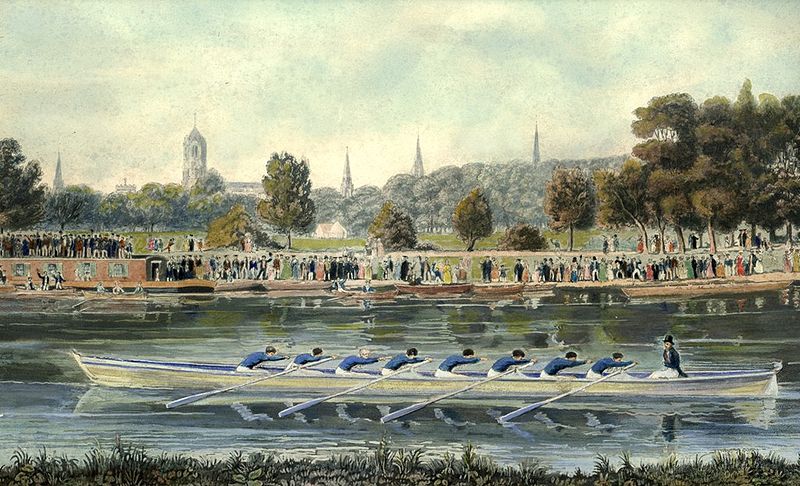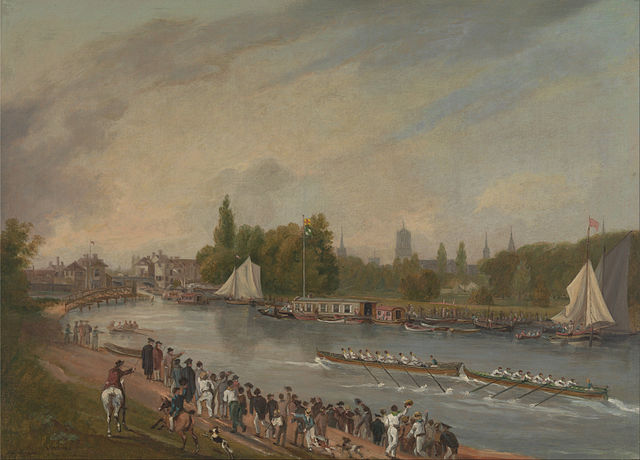
Looking forward to the March 15 Rangsit Campus ceremony honoring Professor Dr. Puey Ungphakorn on his centenary, it is timely to look at his love for English literature and especially poetry.
Among the many original documents scanned and available online at the Thammasat University website is a characteristic poem by Ajarn Puey, Speech Delivered at the Oxford and Cambridge Dinner 1969. Subtitled Puey Ungphakorn on behalf of the guests, this text is revealing of Ajarn Puey’s inner feelings. Ajarn Puey was noted for reciting poems about matters that deeply interested him, including economic development and the need for officials to be honest. In a speech at the London School of Economics Asia Forum 2004 on Asia: The Future for the World Economy at the Hotel Plaza Athenee, Bangkok, M.R. Pridiyathorn Devakula, Governor of the Bank of Thailand, reminded listeners that Ajarn Puey
undoubtedly made his mark on the world, just as he had determined to do in a Thai poem he wrote when he was only 24 years old.
M.R. Pridiyathorn Devakula added that at the annual dinner of the Thai Bankers Association in 1964, Ajarn Puey made a speech in poetic form about the importance of government ministers avoiding involvement in business activity. Conveying this sincere message in verse form was one way to defuse criticism in the most elegant and least aggressive-seeming way possible. Poetry can be a form of participation in civic life, and certainly Ajarn Puey followed in this tradition. In Asia there is a precedent of officials writing poetry on public occasions. During the Heian period of Japanese history, from the years 794 to 1185, public servants recited their own poems. Yet these odes were never critical in nature. More recently, some American presidents have tried their hands at poetry, such as a teenaged Barack Obama, who wrote verse in tribute to his grandfather, and Jimmy Carter.

Like these and earlier American leaders and occasional poets including Washington, Jefferson, and Lincoln, Ajarn Puey wrote poems directly in English. These reflected the importance of the English language and English writing in his life. Ajarn Puey was awarded a government scholarship to study at the London School of Economics in 1938. After the Second World War broke out, Ajarn Puey joined the Free Thai Movement in Britain and parachuted into northern Thailand in late 1944. He was promptly captured and was a prisoner of war until the Japanese surrendered in late 1945. By the war’s end, Ajarn Puey was a lieutenant colonel in the British military, recipient of an MBE, Member of the Most Excellent Order of the British Empire, a grade within the British order of chivalry. In 1949 he received a Ph.D. from the London School of Economics. Not the least of his other ties with England was a happy marriage to Margaret Smith, a UK citizen. As The Bangkok Post reported, Margaret Smith Ungphakorn, a sociology graduate from the London School of Economics, was an advocate for peace and volunteer for social welfare in Thailand and England.
This background becomes evident when we look at Ajarn Puey’s Speech Delivered at the Oxford and Cambridge Dinner 1969. The tradition of holding an annual dinner in Bangkok for graduates of Oxford and Cambridge University dates back to around 1940. The events are naturally nostalgic for bright college years in the UK, but in Ajarn Puey’s case, the mood was also gratitude for English literature and his professors in Great Britain. Ajarn Puey’s poetic speech was strongly patterned after a speech by Mark Antony from William Shakespeare’s play Julius Caesar, beginning
Friends, Romans, countrymen, lend me your ears;
I come to bury Caesar, not to praise him.
Ajarn Puey’s speech begins:
Friends, Oxonians, Cantabrigians, Countrymen
Lend me your ears; I come to praise Ox-bridge, not to bury them.
Oxonians and Cantabrigians simply mean people from Oxford and Cambridge, while Oxbridge is a commonly used abbreviation to refer to people from both institutions. In Shakespeare’s speech, one of the best-remembered parts of one of his most obviously political plays, Mark Antony ironically calls the officials who have killed Caesar honourable men. Ajarn Puey repeatedly insists that Oxonians and Cantabrigians are all honourable men and women. Unlike Shakespeare’s character, whose praise was ironical, Ajarn Puey’s light-hearted reference to Shakespeare did not hide underlying criticism. Even so, in this witty ceremonial text he inserted a sociological critique of the universities:
Two Cambridge scholars recently report
on the suicide rate of male students
in thirteen universities from 1955 to 1967.
Cambridge was champion with 27.6 per year per 100,000;
The rate for the other universities averaged 11.5.
As always, Ajarn Puey was interested in the welfare of students and was concerned by this high suicide rate. He went on to speculate that it may have occurred because at the time, relatively few female students were enrolled at Cambridge. He proposed:
Surely a good balance between the sexes
would contribute to good health all round.
Why can’t Ox-bridge take Thammasat
Or L. S. E. for good examples
In admitting more females, attractive and charming?
Oh, why not try to save precious male lives?
Perhaps present-day Ox-bridge can learn
A trick or two from their predecessors, our hosts,
Who, Gor Blimey, are honourable men.
The old English slang expression gorblimey, also sometimes spelled cor blimey, expresses surprise or sometimes irritation, usually in a comic context.

In addition to such wry observations and advice, Speech Delivered at the Oxford and Cambridge Dinner 1969 contains information about Ajarn Puey’s reading habits. Despite the obvious influence of Shakespeare on his writing, he explains that when he went to study in England in 1938, his preferred reading included mystery tales featuring Arthur Conan Doyle’s Sherlock Holmes and G. K. Chesterton’s Father Brown. Both of these authors are represented in the collection of the Thammasat University Libraries. Ajarn Puey lists the last names of lecturers he heard in the UK, mixing celebrated thinkers such as John Maynard Keynes and Friedrich Hayek with some now relatively less-remembered faculty such as Nicholas Kaldor and Austin Robinson. He goes on to cite faculty from the London School of Economics, also mixing the renowned, such as Harold Laski, with the currently somewhat overlooked, such as Kingsley Bryce Speakman Smellie. K.B.S. Smellie, a professor of political science, was a heroic character. He had a long teaching career despite combat injuries in World War I, when an exploding shell made necessary the amputation of his left leg below the knee and his right foot. For the next seventy years he walked with the assistance of two wooden limbs. By recalling this courageous lecturer among others, Ajarn Puey underlined the importance of memories of early professors as part of later ethical thought. Although Ajarn Puey’s poem was delivered in the context of merry celebration – he includes a number of Latin phrases such as Nunc est Bibendum: Now we must drink –serious messages underlie the jokes. Speech Delivered at the Oxford and Cambridge Dinner 1969 remains a useful way to better understand Ajarn Puey as a man inspired by Great Britain, its language, literature, and traditions.

(All images courtesy of Wikimedia Commons)
